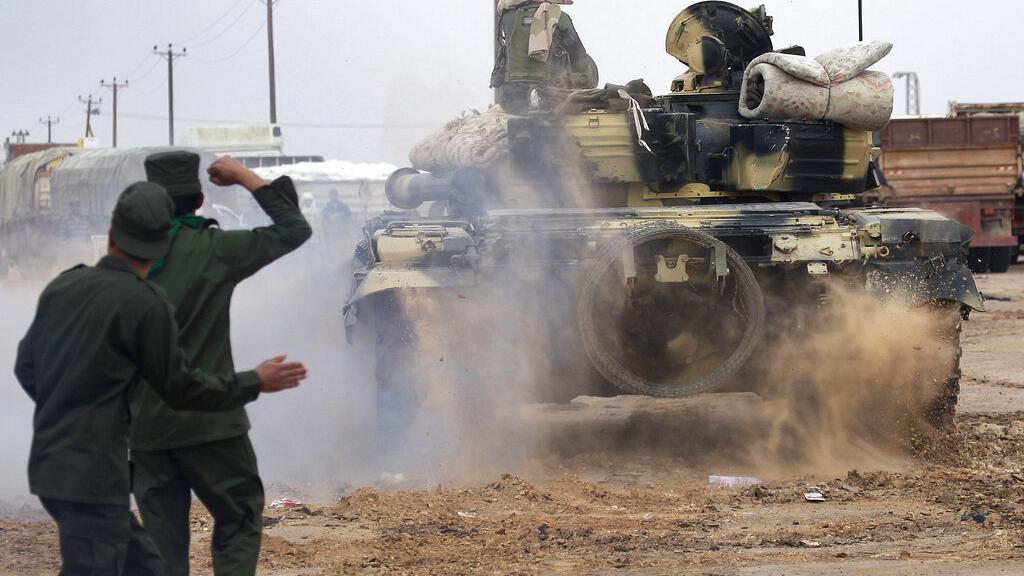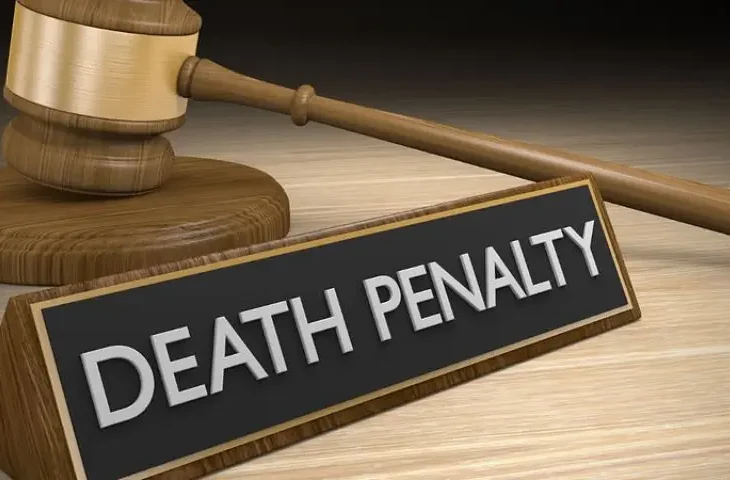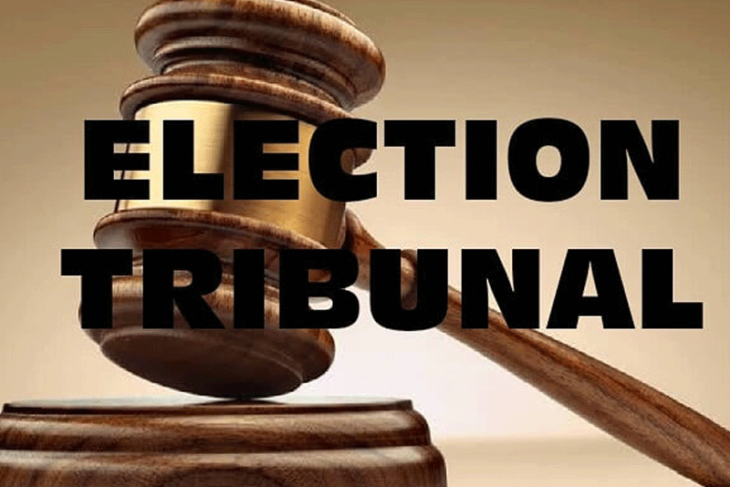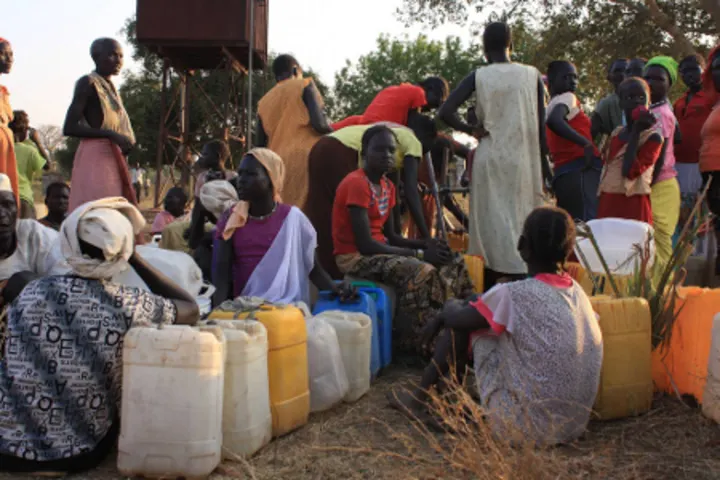A UN mediation effort to help Libya’s rival camps reach an agreement on a constitutional framework for elections failed again on Monday, leaving the country’s political crisis with no end in sight.
Representatives of the parliament, based in eastern Libya, and the High State Council (HSC), gathered in Cairo from 12 to 19 June under the auspices of the United Nations, failed to reach an agreement on the text that is supposed to govern the presidential and legislative polls, which were initially scheduled to be held in late 2021.
“The third and final round of negotiations between the House of Representatives and the HCE on the Libyan constitutional track ended in the early hours of 20 June,” the UN Secretary-General’s Special Adviser on Libya, Stephanie Williams of the United States, announced on Twitter.
“Differences remain on the measures governing the transitional period leading up to the elections,” she conceded, although the “joint committee reached broad consensus on contentious articles of the draft Libyan Constitution.
Hailing members of both chambers for their efforts to “resolve their differences on a number of complex issues”, Ms Williams said Libyans, nearly 3 million of whom had registered to vote, “deserve nothing less from (their) political leaders”.
In her capacity as Special Adviser to the UN Secretary-General on Libya, Ms Williams called on the presidents of the two chambers “to meet within ten days to resolve the outstanding issues”.
The holding of presidential and parliamentary elections at a foreseeable date, postponed indefinitely to December 2021, seems highly unlikely because of the very strong differences between political rivals and tensions on the ground.
Two governments have been fighting for power since March. The one in Tripoli, which was set up at the beginning of 2021 under the guidance of the UN to lead the transition until elections, and a government formed in March and supported by parliament.














